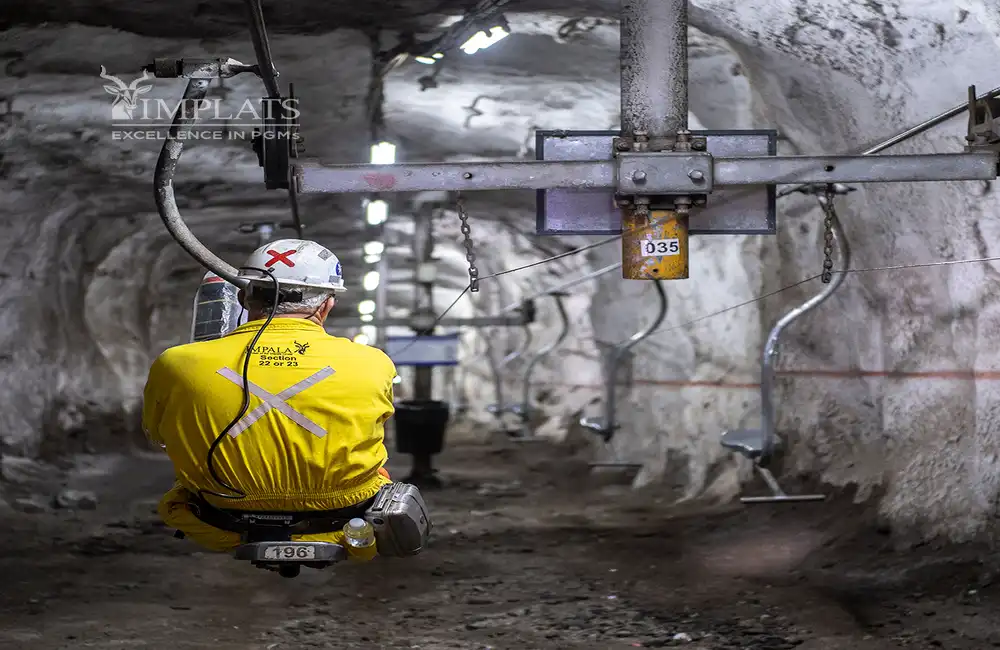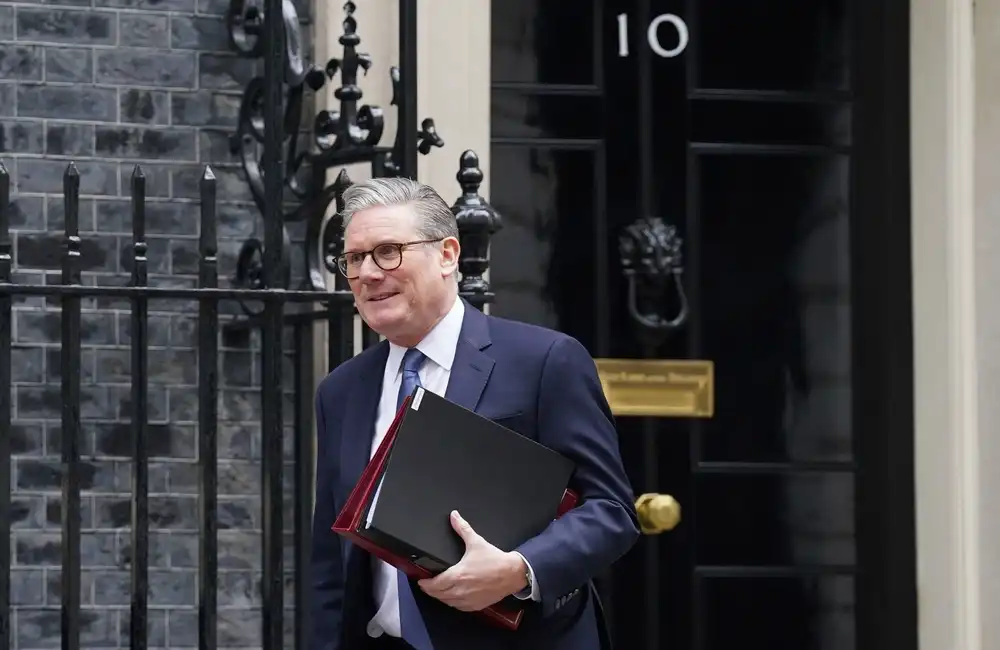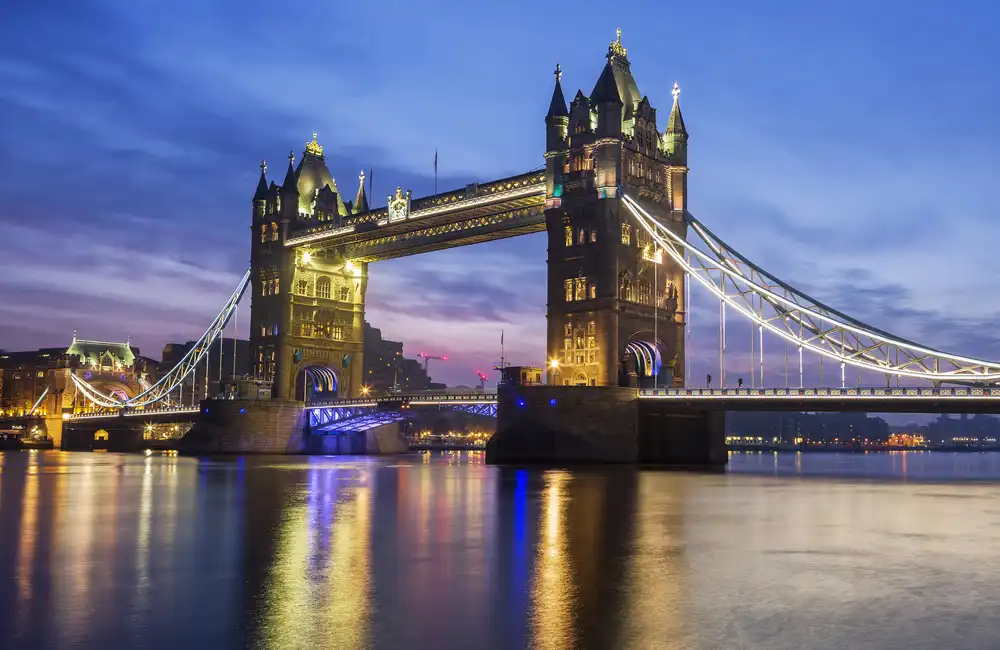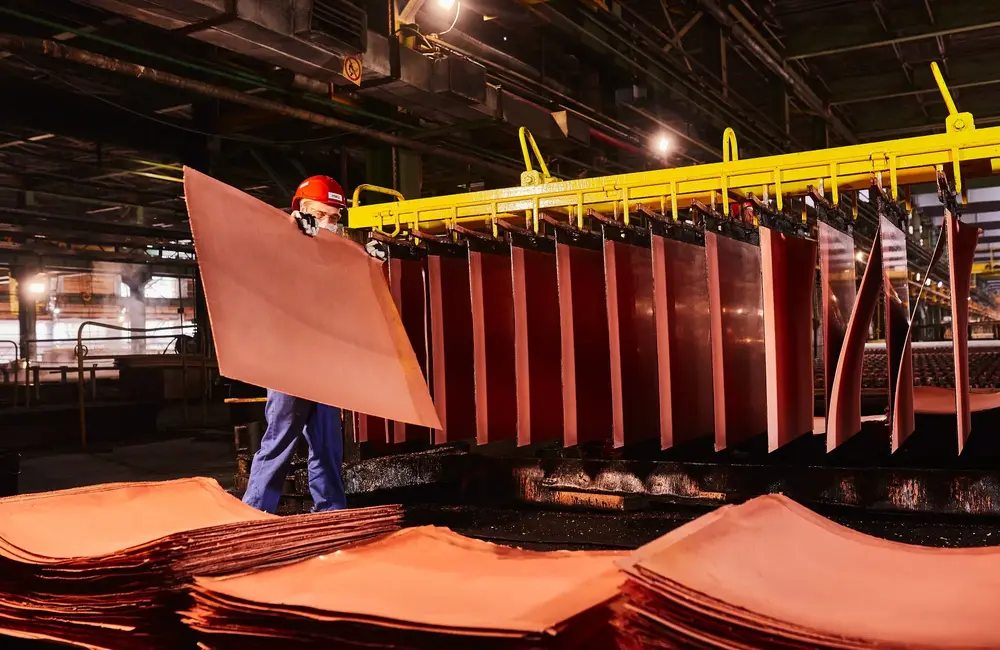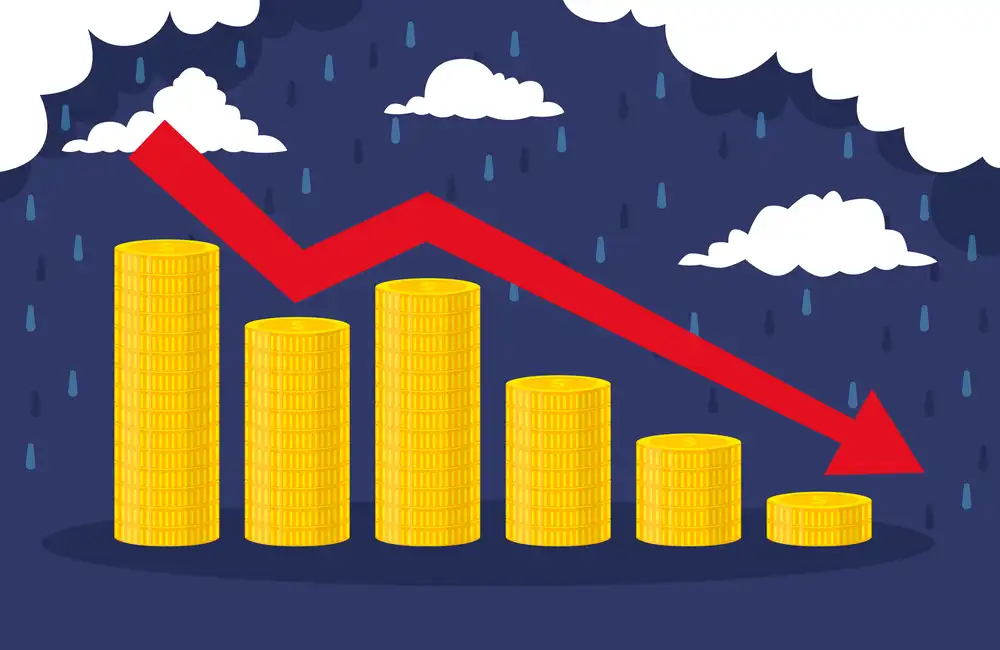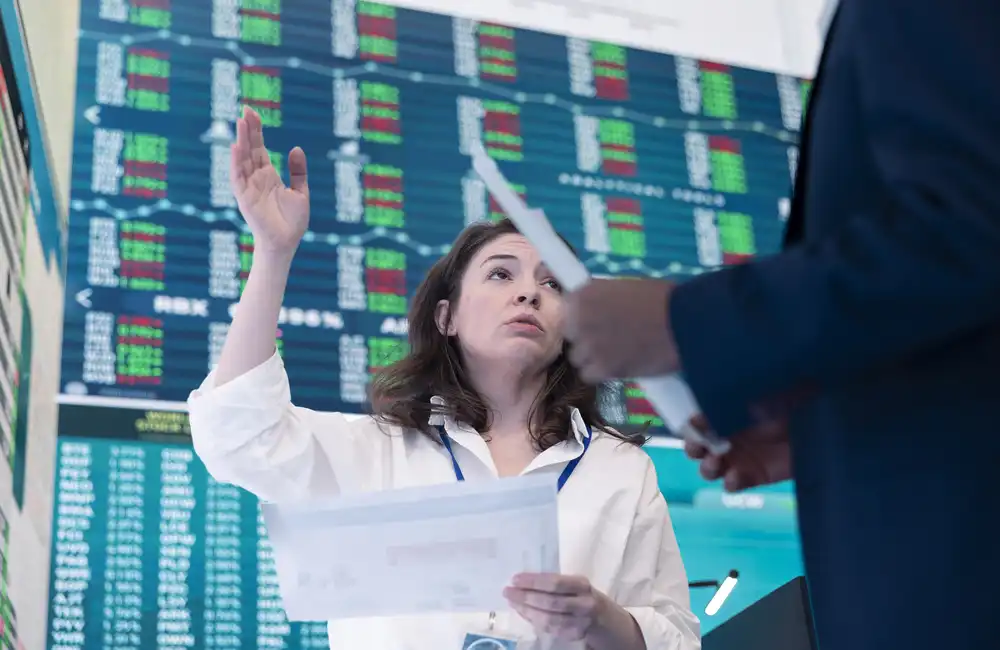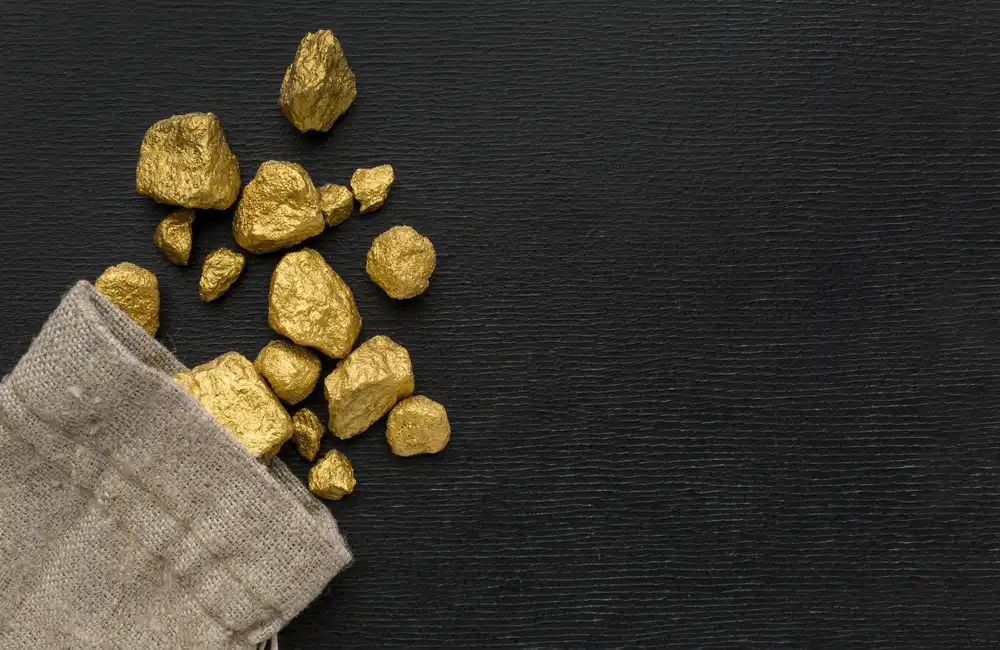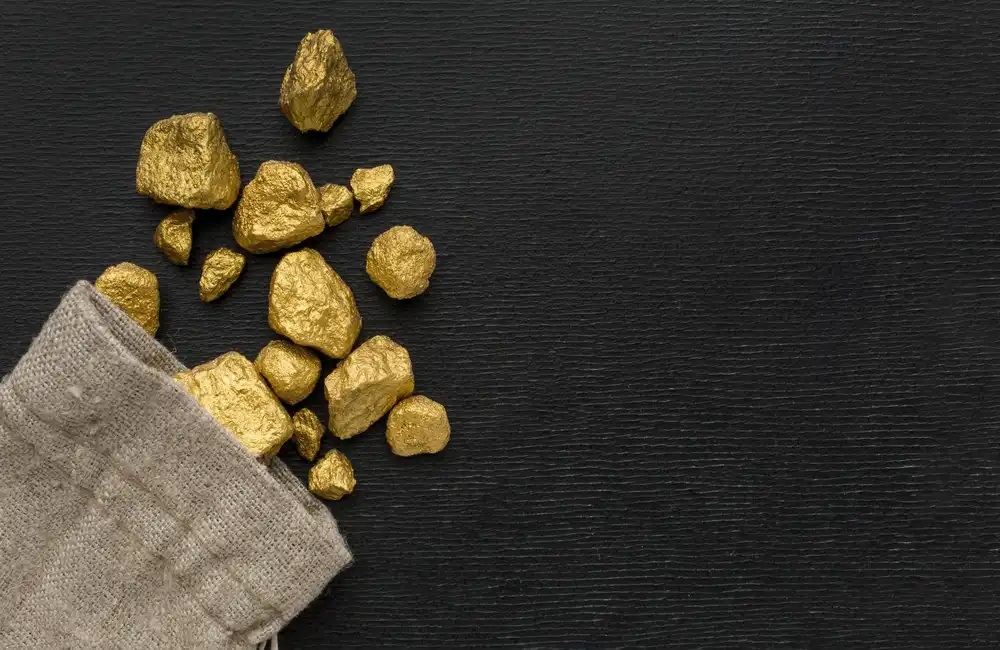Governments and regulators may have to intervene to avoid potential systemic shortages in the metals markets, global trader Trafigura's CEO Jeremy Weir told a conference on March 22. The supplies situation “doesn’t look good at the moment,” Weir said at the FT Global Commodities Summit in Lausanne.
Government Action and Metals Supply Pressures
Governments providing fiscal stimulus or shortening mine permitting times while maintaining mineral quality standards would help alleviate tightness, said Weir.
“It’s the generalists we have a problem here,” Weir said, when the current pressures were on supplies of many different metals, especially metals used in battery manufacture.
Nickel is an example, with a short squeeze pushing prices 250% higher on the London Metal Exchange in three days before the exchange intervened on March 8 to stop trading and restore orderly conditions to the market, Weir said at the in-person and virtual event. Only 30% of that market is for deliverable nickel, he added.
The LME cash nickel price was back to what sources described as "normal" trading levels on March 21 when it settled at $31,580/mt, down 14.91% on the previous day's close – just two weeks after it blasted through the $100,000/mt on speculative activity.
Ongoing Deficits
Prices for most metals and steel have increased in recent weeks as the crisis over Ukraine has crimped supplies of some products and made delivery logistics more difficult. It follows a year in which inventories fell further, with global markets for copper, aluminum, nickel, and zinc recording a deficit in 2021, according to data published last month by the World Bureau of Metals Statistics.
Northwest European steel hot-rolled coil prices on March 21 held at a record Eur1,460/mt ($1,611/mt) ex-works Ruhr, S&P Global Commodity Insights reported. Mills are still passing upstream costs along into what sources are calling a "panicked market." The product they use has seen a 51% increase in price in the last month.
Metals Demand and the Energy Transition
Metals demand has surged around the world in recent years to help meet energy transition goals, while only a handful of new mine projects have been brought online due to over a decade of low investment.
“We’re looking at very high metals intensity for the energy transition,” Weir said. “Copper demand from IEVs is four to six times higher than the ICE vehicle requirement, whilst the demand from solar and offshore wind farms is six times higher than thermal power generation. And also for construction, we will require substantially greater quantities of zinc, aluminum, and steel for the energy transition.”
China controls the processing of battery metals, as some 80% of nickel and cobalt mined for this result in China to create battery precursor materials, “but the front-end supply is not there,” Weir added.
Supply Constraints and Zinc Shortage
For copper, where LME prices are close to all-time highs, settling at $10,173/mt on March 21, there is potential for some displacement into aluminum use for high-voltage transmission, he said. Even so, the Chinese are “fairly sure” they won’t increase electro-intensive aluminum smelting capacity due to China’s need to reduce its carbon footprint, which could limit aluminum production.
Zinc supplies are also extremely tight, Herrmann said, as zinc production is highly energy intensive. “On a forward-looking basis, there are material deficits in the zinc smelting sector while demand is still growing. China isn't likely to construct new zinc smelters either... and Trafigura has cut its zinc output in Europe by about 30%. "It's loss-making in a really serious way," he said, "at least if prices are over Eur200/MWh, it doesn't stack up.”
Resource Grabbing and Energy Transition
Some countries were doing a resources grab, seeking to lock in strategic mineral supplies, Weir said.
In a trend likely to scramble remaining metals supplies, and given that more coal would have to be burned in the short term as part of efforts to replace Russian gas, Trafigura sees the current Russia-Ukraine crisis as a factor that should accelerate the energy transition in Europe.
EVs could also require efforts to adapt the European energy mix that may be expedited and should accelerate it… albeit with some strains on the system, said Weir. And Trafigura is pressing on with investments in mining, renewables, and hydrogen, he added.


